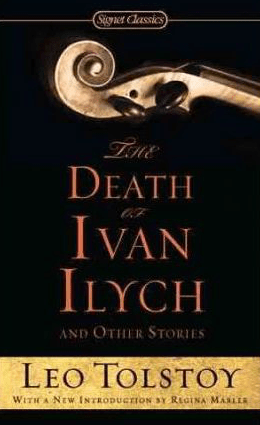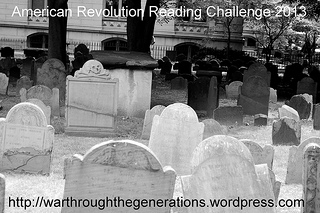
I am one of those readers who have a tendency to jump from one new-to-me author to the next. I wasn’t always like that though. When I was younger, especially while studying French literature, I would often stick to one author and read one of their book after the other. When you like an author, it’s such a marvellous experience. You will see how their style developed, which themes and topics they are drawn too, recurring imagery and style elements. Lately, I feel like I don’t have the time, that there’s just too much to discover, so that I can’t do that anymore. But then I return to an old favourite and remember how rewarding it can be.
This finally brings me to Russian author Ljudmila Ulitskaya, an author whose writing I fell in love with when the first translations appeared in the 90s in German and French. I quickly read the first two, Sonechka and Medea and Her Children, and declared her one of my favourite authors. But then the third, The Funeral Party, came out, which I bought as well, but never got to. If it hadn’t been for a wonderful review of Jacob’s Ladder on Julé’s blog (here), one of Ljudmila Ulitskaya’s latest works, it might still be languishing on the piles. Returning to her work was like meeting an old friend you haven’t seen in ages. Even though an eternity has gone by, so much is familiar and it’s all very exciting.
The Funeral Party is set in the 90s, during a hot sweltering summer in New York City. The protagonists, mostly women, are Russian émigrés, gathered around the sick bed of Alik, a famous painter. Alik lives in a big loft, where a small corner has been portioned off and serves as his sleeping room. Even before Alik became ill, the place was always full of friends and people who just passed through. Parties went on for hours and days. Now that he’s ill, and it’s obvious to everybody but his wife that he will die, there are even more people there to watch over him, entertain him, and care for him. Among these people are five women. They are lovers or friends of Alik. In the novel each woman gets her turn to tell her story. How they came from Russia to New York and what Alik meant to them. Some of them knew him already in Russia, others met him in the US. Those stories are so rich that each of them could be a novel in its own right.
It’s not often that you read a book about death and dying that is profound but at the same time uplifting. The end alone is worth reading this book. It will make you smile.
The Funeral Party is also about change. What will become of his entourage after his death? What will become of the émigré community since Alik’s death coincides with the fall of the Soviet Union?
This isn’t one of her longer novels, but the beginning was still a bit confusing as all the women’s names sound similar – Valentina, Irina, Nina, Joyka. Once it’s clear who is who, it’s a wonderful reading experience. The characters are so colourful and there’s a richness and generosity to this tapestry of Russian émigré life. Reading it was like going to a party where everyone is interesting.
I hope I could convey how much I enjoyed this book and how happy I was to rediscover Ljudmila Ulitskaya’s work.
Last year I reread Tolstoy’s famous The Death of Ivan Illych, such a sad and depressing account. I thought of it while reading The Funeral Party. These two books are great companion reads, like two sides of a medal, one black, one white.
If you haven’t read this important modern Russian writer yet, this is a good starting point. And so is her first, the novella Sonechka.












-cover.jpg)
